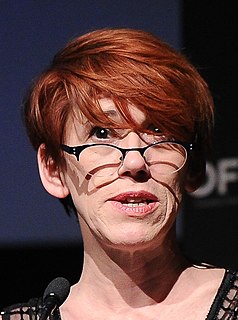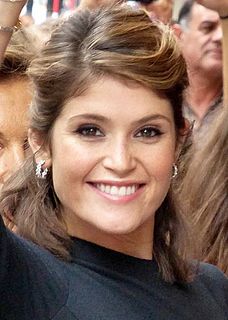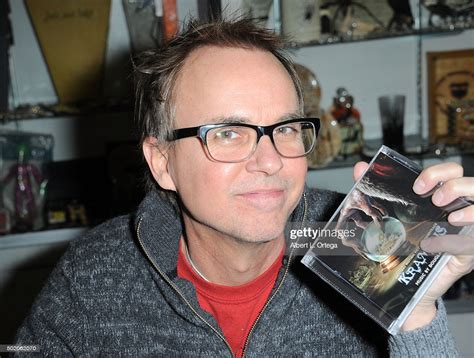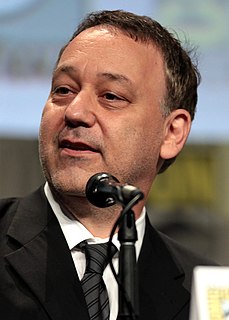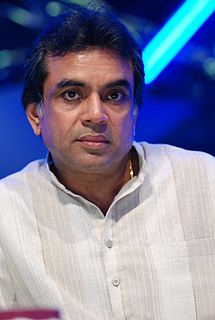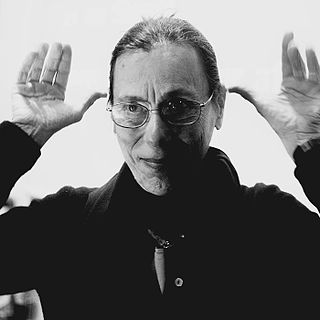A Quote by Karen Walton
I have an Honors Degree in Drama from the University of Alberta, but when it was done I knew a life in modern theatre was not for me. While figuring out what the hell I might do instead of theatre, I spent a couple of days on a horror film doing stunt work. I'd never been behind the camera before, and I loved everything about it. I joined the local film co-op - The Film and Video Arts Society of Alberta - because you could trade skills for experience. These indie filmmakers were making their own stuff their own way, all the time. Instant education.
Quote Topics
About
Alberta
Arts
Because
Been
Before
Behind
Camera
Could
Couple
Days
Degree
Doing
Done
Drama
Education
Everything
Experience
Figuring
Film
Hell
Honors
Horror
Horror Film
Indie
Instant
Instead
Joined
Knew
Life
Local
Loved
Making
Me
Might
Modern
Never
Out
Own
Skills
Society
Spent
Stuff
Stunt
Theatre
Time
Trade
University
Video
Way
Were
While
Work
Related Quotes
Being an actor in TV or movies is different. A film or TV actor, if put in theatre, won't know certain dimensions, while a theatre actor won't know certain things when he comes before the camera. So I think a film actor can learn emoting from this theatre counterpart, while the theatre actor can learn about camera techniques from the film actor.
As my passion is theatre when I do a film I'm taking time out from my theatre career. So, I'm desperate to get back into the theatre. So, I have to make sure that I put my foot down, especially with the agents and stuff, and say: "Hey no, I'm doing some theatre!" It is hard but it matters so much to me that it's just something that's going to be necessary and people will have to deal with it.
I was playing in a band and was approached to score an independent film. I had never done it, but had written instrumental music, so I figured I could do it. Turns out I loved scoring the film, and took on another couple films before realizing that if I was to be an effective narrative composer, I should study the craft of composition. I stopped taking projects and got a degree in orchestral music composition, and followed that with film scoring studies. Near the end of my degree studies, I started taking on student films as a way to get back into film scoring.
Before I worked on film, I studied the theatre, and I expected that I would spend my whole career in theatre. Gradually, I started writing for the cinema. However, I feel grateful towards the theatre. I love working with spectators, and I love this experience with the theatre, and I like theatre culture.
Silence Of The Lambs? is a ?fantastic? film. It's a horror film, and it's an incredibly well-told film that is about point of view in such a unique way. The way that film is shot, the way the eyelines are so close, if not directly into camera, betrays an intimacy with the characters and the audience.
I should say that feminism gave me permission to deal with my own emotional life and put it up front in certain ways, or use film as a way to examine, at that time, my own heterosexual experience. Lives of Performers was the beginning of that kind of investigation. But also, the film was influenced by the aesthetics and structures of experimental film as that was taking place at the same time. Hollis Frampton was a big influence on me at that time.
The motion picture is like journalism in that, more than any of the other arts, it confers celebrity. Not just on people - on acts, and objects, and places, and ways of life. The camera brings a kind of stardom to them all. I therefore doubt that film can ever argue effectively against its own material: that a genuine antiwar film, say, can be made on the basis of even the ugliest battle scenes ... No matter what filmmakers intend, film always argues yes.
